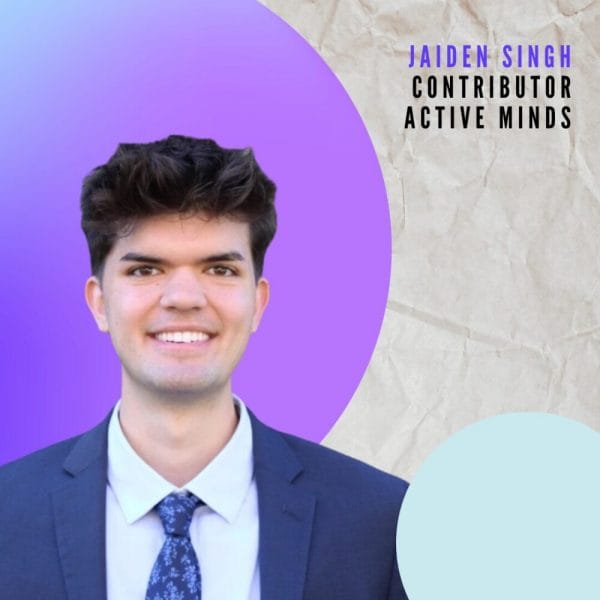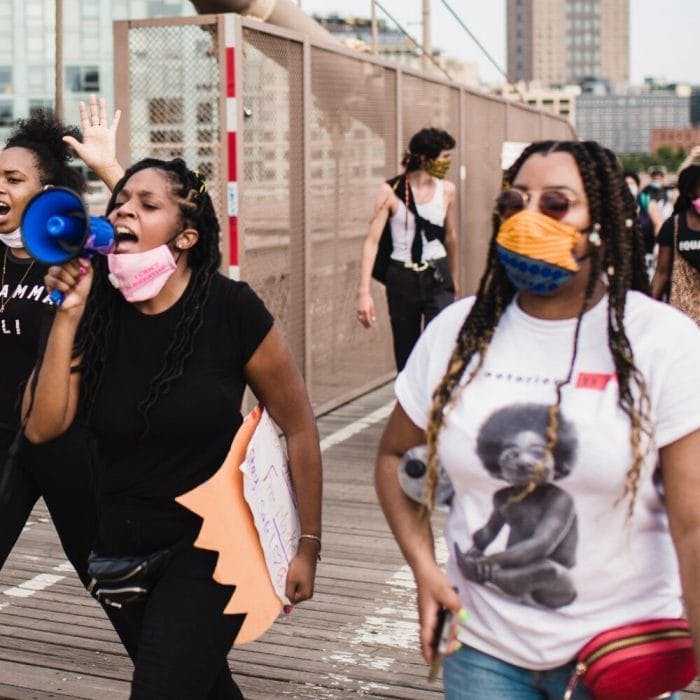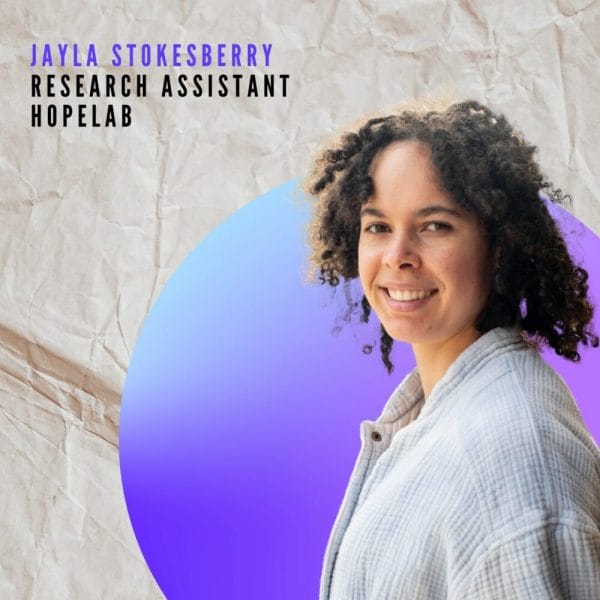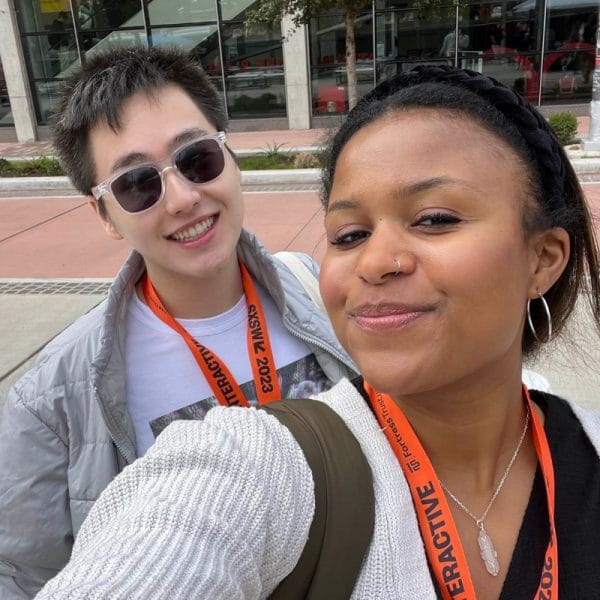Black Lives Matter, Hopelab Stands in Solidarity
Like many of you, we have been experiencing the events of the past week with grief and rage. Throughout the pandemic, we’ve been deeply troubled by the disproportionate rates of COVID-19 infection and death suffered by Black Americans, and we’ve been broken-hearted as the racist incidents of these last few months have unfolded—Black people gunned down while going for a jog, shot inside their homes, threatened while bird watching, and choked to death after submitting to law enforcement. Ahmaud Arbery, Breonna Taylor, George Floyd, Tony McDade…the list goes on. The weight of these names, and the names of those subjected to daily injustices and violence that do not make the news, is profound. But we do not all carry this burden equally.
As Roxane Gay wrote in her New York Times piece this weekend:
These names are the worst kind of refrain, an inescapable burden. These names are hashtags, elegies, battle cries. Still nothing changes. Racism is litigated over and over again when another video depicting another atrocity comes to light. Black people share the truth of their lives and white people treat those truths as intellectual exercises.
As we think about supporting young Black people and other young people of color, it’s imperative that we go beyond these intellectual exercises to action, that we do all we can to address the effects of centuries of systemic and structural racism. We need to provide the social, educational, and health resources—including mental health support—to help young people not just survive, but thrive. Each one of us needs to show up for the young people in our lives and communities with compassion, prepared to take action in service to justice, rights and dignity.
At Hopelab, we work to co-create solutions with young people to improve health and well-being. If we hope to play a role in a future that truly honors the potential of young Black people and other young people of color, we will need to listen more closely and learn more deeply than ever—even, and especially, when those lessons are hard for us to hear. As leadership, we have committed to actively seeking out the ways in which we fall short, and in which we’ve contributed to an unjust world. We’re committed to having difficult conversations and educating ourselves, donating to organizations that support and lift up young Black people and other youth of color, ensuring that our hiring at all levels reflects diversity, and prioritizing work with and in support of young people of color.
Black Lives Matter. Young Black Lives Matter.
“The rate at which black Americans are killed by police is more than twice as high as the rate for white Americans. This is a non-comprehensive list of deaths at the hands of police in the U.S. since Eric Garner’s death in July 2014.” -LA Johnson/NPR
A List of Resources:
We’re inspired by the work of these organizations focused on creating opportunities for and lifting up young people in the Black community and other young people of color. We’ll be making donations and encourage you to support these and other organizations fighting for social justice.
National Queer and Trans Therapists of Color Network
Young Black Leadership Alliance
For our Bay Area neighbors – In addition to making donations, you can support black communities through your regular purchases by supporting local black-owned restaurants and cafes. Here’s a list being compiled by SF Chronicle food critic Soleil Ho.
Related Content
View all Insights
In partnership with Active Minds
Changing the conversation around mental health requires advocacy at every level. We partnered with Active Minds to share this important content about the role youth and young adults play in mental health legislation.




